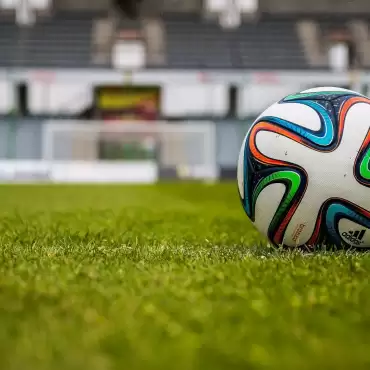Esports accounted for 54% of suspicious betting activities recorded by the International Betting Integrity Association (IBIA) in Q2, while the total number of alerts during the quarter jumped 80% year-on-year.
Some 90 suspicious betting alerts were tracked by the IBIA in Q2, according to its latest Integrity Report. This is up from 50 in the previous year and also higher than the 56 initially noted in Q1 this year. However, the Q1 figure has since been revised to 93.
Esports led the way by some distance, compared to just one suspicious esports betting alert sent out in Q2 of last year.
The IBIA noted a single esports case related to suspicious betting activity on 68 esoccer matches played in Q1 and Q2. This, it said, has caused a significant increase in the overall number of esports alerts in 2024, with esports accounting for 50% of all alerts across the first two quarters.
Integrity concerns over esports betting, however, have been present for some time now, with efforts to combat fixing ongoing.
The Esports Integrity Commission (ESIC) has formed partnerships around the world to help curb fixing. Last month, it announced a new collaboration with the International Olympic Committee with the aim of improving integrity within the esports space.
Last June, sports betting integrity monitor US Integrity also partnered game data platform Grid to develop a new esports solution. This includes monitoring integrity, suspicious or fraudulent activity at esports events.
IBIA to monitor esports issues
To combat the rise, IBIA CEO Khalid Ali said the organisation is monitoring the issue of suspicious betting in esports.
“While the increase in alerts may understandably draw attention, it should be noted that esports saw a significant reduction in annual alerts across IBIA’s membership in 2023,” Ali said. “The case again highlights the importance and effectiveness of customer account monitoring in the detection of suspicious betting and the protection of sporting events, consumers and regulated betting markets.”
Within the report football placed second highest with 16 total alerts during the period, ahead of table tennis on 12. Together, esports, football and table tennis accounted for 84% of all Q2 alerts.
As for other sports, the IBIA sent out nine alerts relating to tennis and two for badminton. In addition, handball, boxing and padel drew one alert each during the quarter.
Onshore growth potential in Brazil
The IBIA also offered deeper insight into data from Brazil. Alerts in the country have been on the rise in recent years, totalling 11 in 2023, all for football. In Q2, only one alert, again for football, was noted.
National law requires licensed operators to be part of an independent betting integrity monitoring body, such as the IBIA, whose members in Brazil represent more than 60% of the country’s gambling market.
Looking ahead, the IBIA offered a forecast on the impact of regulation and how this will shape the market. For 2025, the IBIA expects the onshore online market to generate $2.28bn (£1.76bn/€2.10bn) in gross gaming revenue. This, it adds, could reach as much as $2.86bn by the year 2028.
However, the IBIA also forecasts that the offshore market will continue to grow. Estimates for 2025 suggest $145.2m in offshore gross gaming revenue, with this set to hit $182.9m by 2028. As such, it said Brazil will continue to lose out on tax income due to offshore, unlicensed activities. Come 2028, this tax could be as much as $59m.
Europe generates most suspicious betting reports
While esports drew the most alerts, the IBIA was not able to state where these alerts were focused geographically. This, it says, is because it is not always clear where an esports event has been hosted.
As for alerts that could be identified, 19 of these were situated in Europe. Six table tennis alerts were related to Poland and one in Spain.
Three alerts were sent for tennis in Europe and two each for football and badminton. There was also one apiece for boxing, handball and padel.
Elsewhere, 11 suspicious betting alerts were noted in Africa. Football accounted for six, with four sourced in Algeria, while three table tennis alerts came from Nigeria and two for tennis in Nigeria.
Five alerts came from South America – three for football and two tennis – while four alerts for football were flagged in Asia. The remaining three alerts were reported in North America, two for tennis and one for football.





